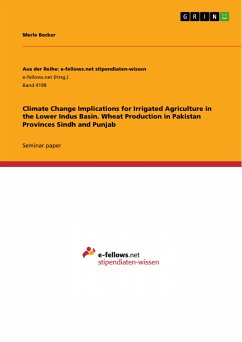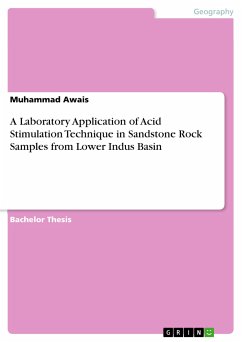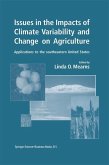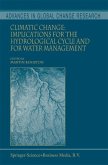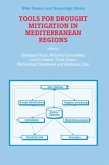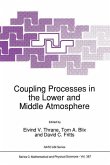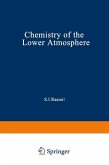Seminar paper from the year 2022 in the subject Geography / Earth Science - Geology, Mineralogy, Soil Science, grade: 1,0, University of Hamburg (Erdsystemwissenschaften), language: English, abstract: This paper examines the impacts of climate change on irrigated agriculture in southern Pakistan. The Pakistani provinces of Sindh and Punjab are part of the Lower Indus Basin, where the Indus River is the main source of irrigation. Statements about the future development of wheat production are difficult because they are based on climate forecasts, which themselves exhibit a high degree of variance. Accordingly, relevant literature shows differences in statements about the influence of climate change on wheat production and usually focuses on the influence of temperature, precipitation and extreme weather, but does not consider the discharge of the Indus River. This paper reviews current research findings from various sources based on the factors of (1) temperature and precipitation, (2) extreme weather events, and (3) Indus runoff volume, and is the first paper to combine all three factors to make predictions about wheat production. Finally, an overview of possible adaptation strategies is provided.
Dieser Download kann aus rechtlichen Gründen nur mit Rechnungsadresse in A, B, BG, CY, CZ, D, DK, EW, E, FIN, F, GR, HR, H, IRL, I, LT, L, LR, M, NL, PL, P, R, S, SLO, SK ausgeliefert werden.

